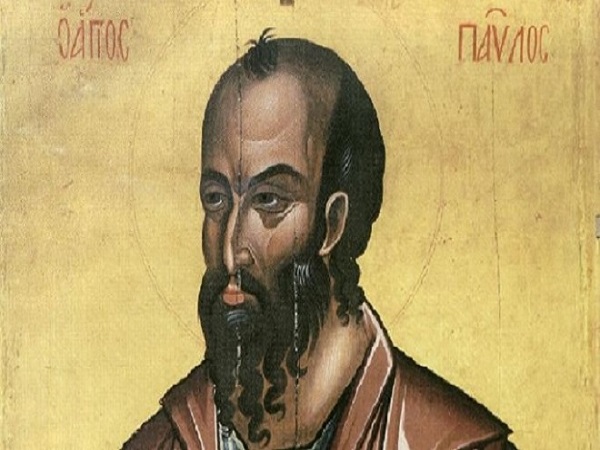Cultural Tradition and Continuous Renewal
25 February 2020Although he was an innovator [In Athens the Greeks asked ‘May we know what this new teaching is that you are presenting? You are bringing some strange ideas to our ears…’ (Acts 17, 19-20)], the attitude of the Apostle of the Gentiles towards the achievements of Greek civilization was one of respect and he didn’t hesitate to see them as part of God’s providence and to incorporate them into the Biblical tradition. “‘For in him we live and move and have our being”. As some of your own poets have said, “We are his offspring’” (v. 28). A clear reference to Aratos (Phenomena, 5).

At the time when Saint Paul dared to express the Christian message in the capital of the ancient spiritual world, the Greek world- as many thinkers have observed- had made astonishing strides in terms of spiritual development, through the wonderful deployment of reason as the universal and supreme value. At the end of a brilliant path, it had reached the boundaries of reason and began to have an insight that beyond reason stretched the unexplored realm of the Ineffable. And it had realized that it was impossible to penetrate this realm through its own power. The intervention of Saint Paul came at the time of this intense, internal longing for new investigations, for a new creation.
Up to that point, the Greek intelligentsia had relied on and had restricted itself to the concept of people as thinking beings who were aware of themselves and the world around them through the development of their power of reason. For Paul, the fundamental shift in outlook, humanity’s ‘repentance’ [the Greek word is μετάνοια, which literally means ‘turning the mind around’], should be in the direction of the love of God, as revealed by Jesus Christ, which is inaccessible to the intellect. ‘In the past God overlooked such ignorance, but now he commands all people everywhere to repent’ (v. 30). The need for repentance will remain a continuous, permanent source of renewal. For Saint Paul, the final criterion remained precisely Christ, crucified and risen, on the basis of Whose example and teaching ‘He will judge the world in righteousness’ (v. 31).
Paul wasn’t concerned that people might laugh at and mock his revolutionary message. The Apostle planted a truth in the heart of the ancient civilized world. He knew that it concealed an extraordinary potential for evolution and civilization. It was unthinkable that it might be imposed politically or militarily, as was attempted seven centuries later by the founder of another religion. Great truths do not require artificial support. They take root quietly and bear fruit in the long term. The obligation of the Church is to be always an agency of the truth and of the life in Christ, without any inclination towards hostility, unlike other religious systems.






